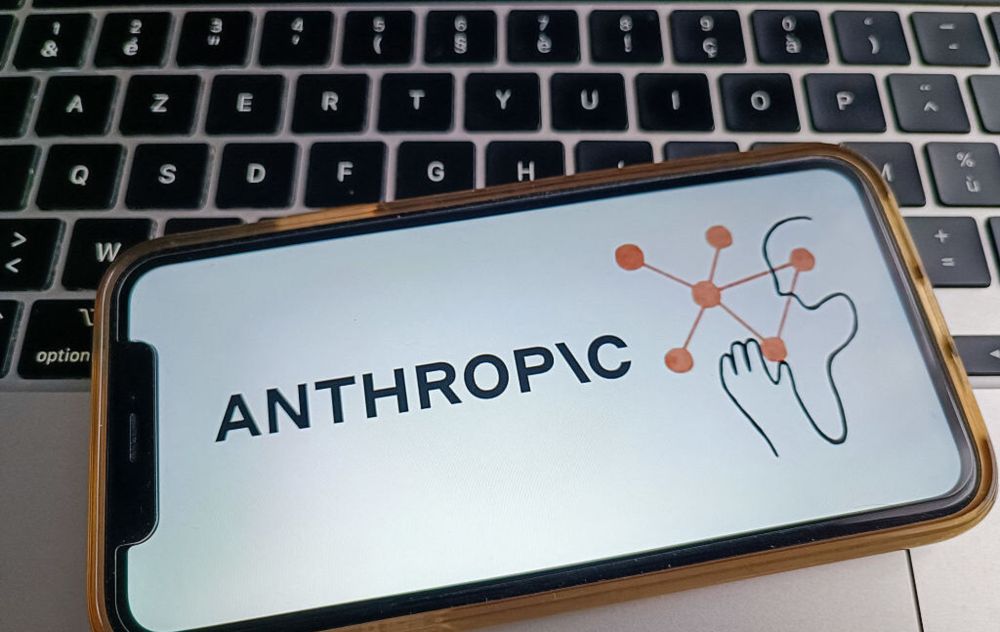Society for Cultural Anthropology
@culanth.bsky.social
780 followers
230 following
98 posts
Challenging the boundaries of the discipline since 1983. Account managed by a volunteer team of Contributing Editors. Posts this week by Social Media Team.
Posts
Media
Videos
Starter Packs
Pinned
Reposted by Society for Cultural Anthropology
Reposted by Society for Cultural Anthropology
Reposted by Society for Cultural Anthropology
Reposted by Society for Cultural Anthropology
Reposted by Society for Cultural Anthropology
Reposted by Society for Cultural Anthropology
Reposted by Society for Cultural Anthropology
Reposted by Society for Cultural Anthropology
Reposted by Society for Cultural Anthropology



















